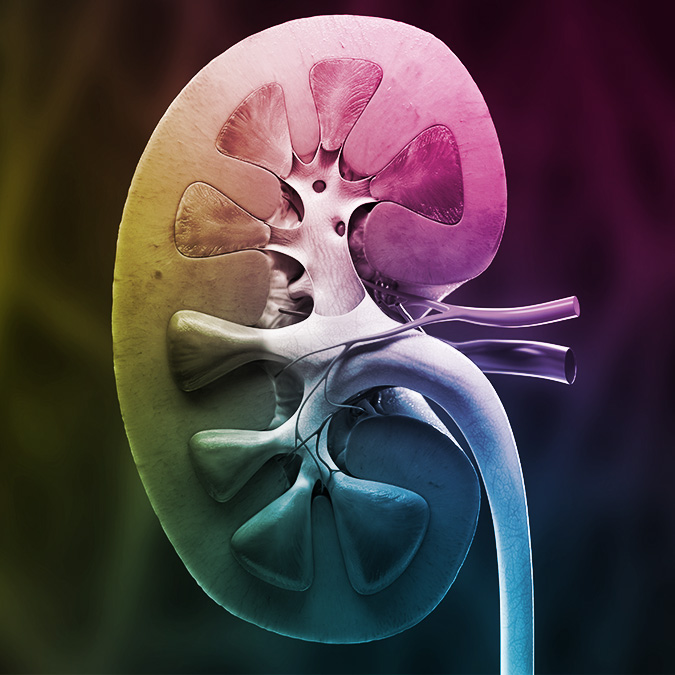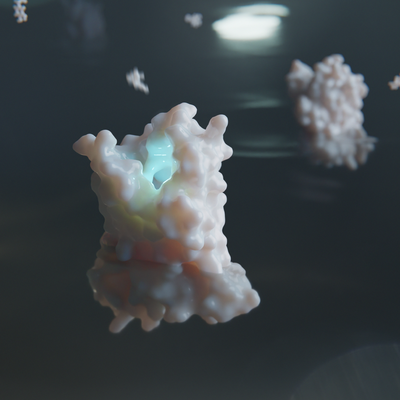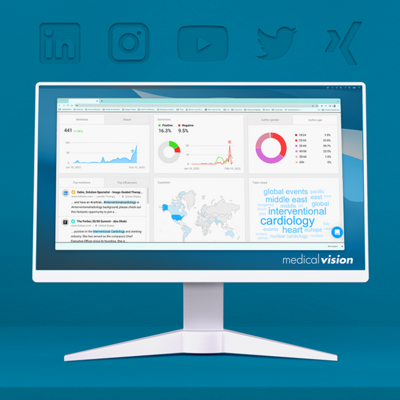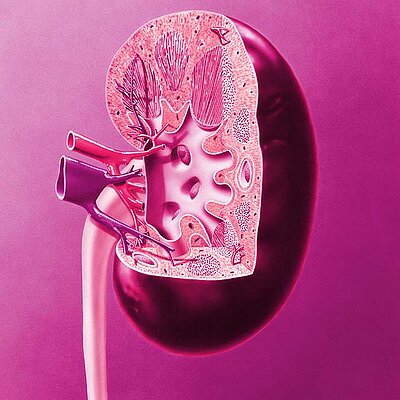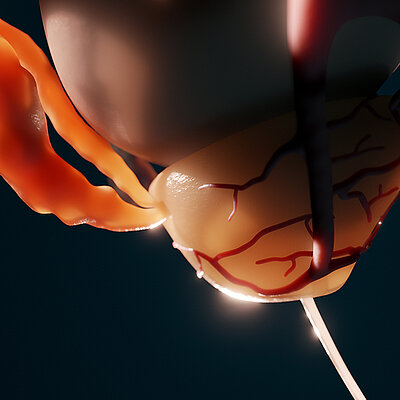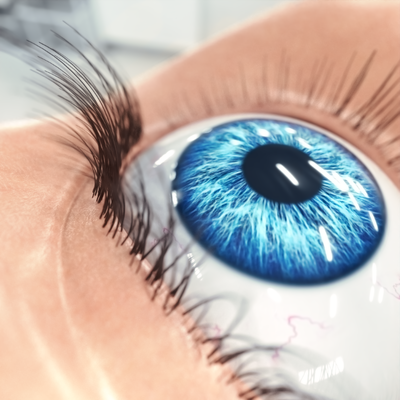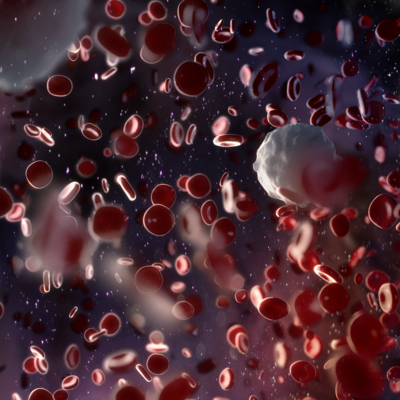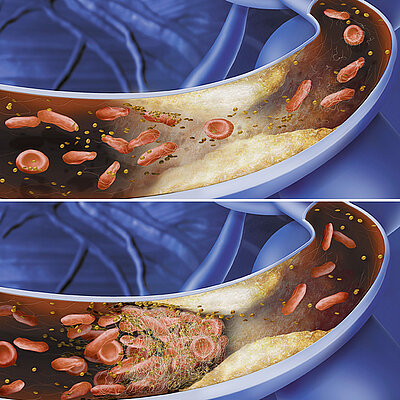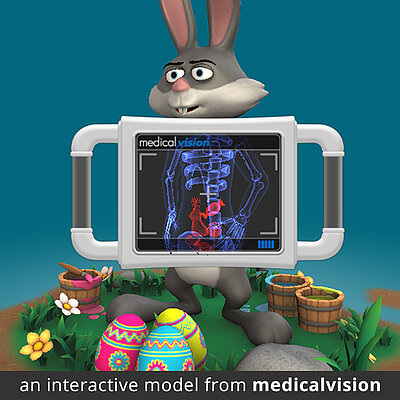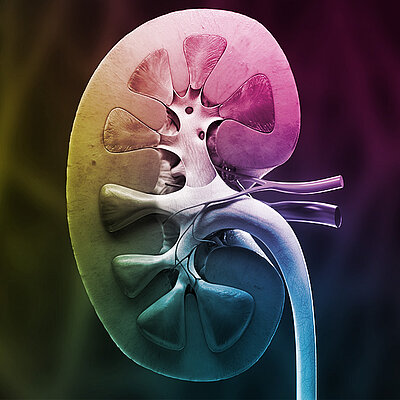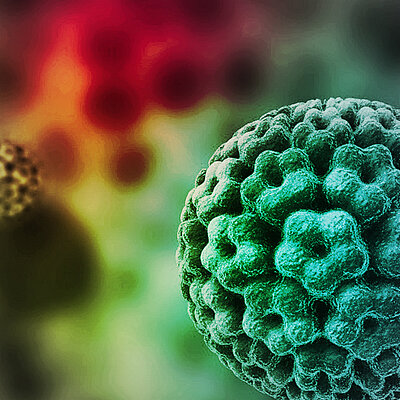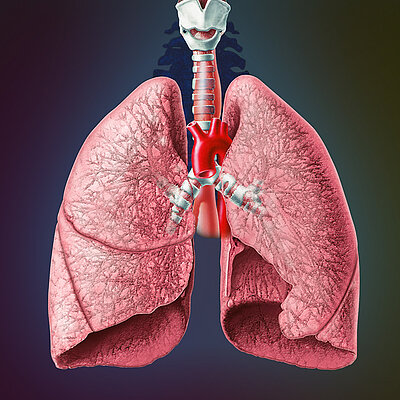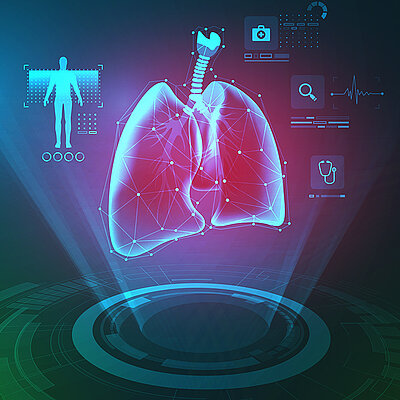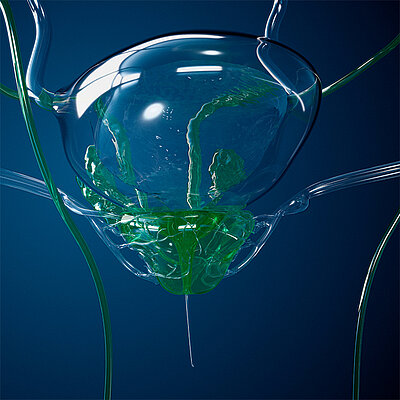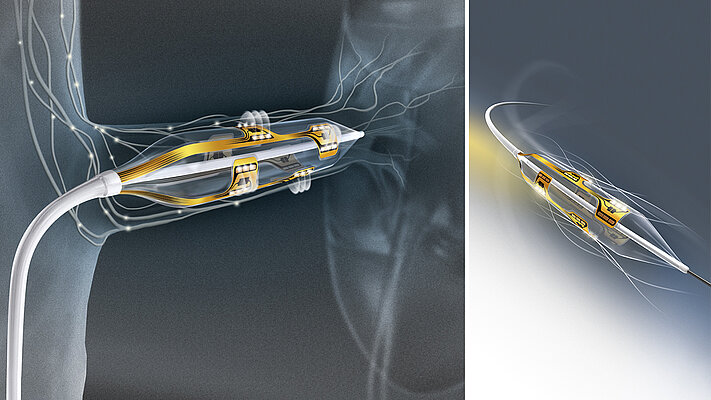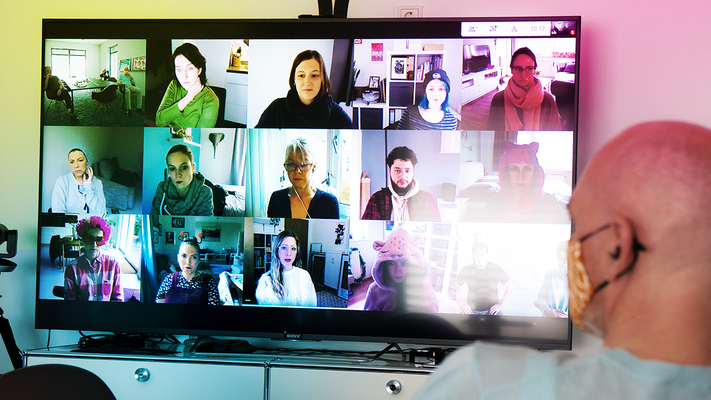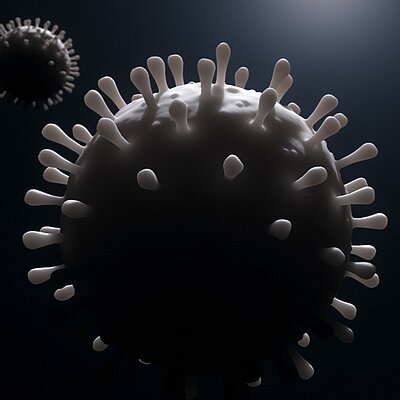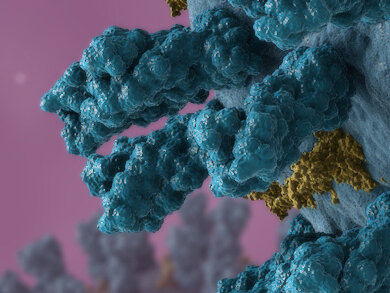National Kidney Month: Keep Your Kidneys Healthy
March is National Kidney Month. It is a time to raise awareness about the importance of kidney health. Your kidneys are responsible for filtering waste and toxins from your blood, and play a crucial role in your overall health. In this blog post, we will discuss how to keep your kidneys healthy and functioning properly.
What is National Kidney Month and what are its origins?
National Kidney Month is an annual awareness campaign about the importance of kidney health sponsored by the National Kidney Foundation (NKF), and first observed in March 1983.
The NKF is a nonprofit organization dedicated to improving the health and well-being of people with kidney disease. The foundation sponsors a variety of programs and initiatives to promote kidney health one piece of which is National Kidney Month.
The goal of National Kidney Month is to educate people and encourage them to take steps to protect their kidneys. The campaign also aims to raise funds for research and support services for people with kidney disease.
What are the symptoms of kidney disease, and how is it diagnosed and treated?
Kidney disease can be both acute and chronic. Acute kidney disease occurs when your kidneys suddenly become unable to filter waste from your blood. Chronic kidney disease is a long-term condition that slowly progresses over time.
Symptoms of kidney disease may include fatigue, swelling in the ankles and feet, shortness of breath, difficulty urinating, and nausea. It is important to seek medical attention if you experience any of these symptoms. The condition is often diagnosed with a blood test that measures creatinine levels. Treatment options vary depending on the severity of the disease but may include medication, dialysis, or transplant surgery.
Early diagnosis and treatment can help prevent progression of the disease.
What are some common myths about kidney disease that need to be debunked?
There are several myths about kidney disease. One is that only people with diabetes or high blood pressure are at risk for developing kidney disease. This is not true. Anyone can develop kidney disease, regardless of medical history. Another myth is that kidney disease is not a serious condition, but the reality is that kidney disease is a very serious condition that can lead to death if not treated properly. Finally, some people believe that there is nothing that can be done to prevent or treat kidney disease which is also not true.
How to keep your kidneys healthy
There are several things you can do to reduce your risk of developing kidney disease or slow its progression if you already have it.
Drink plenty of water every day: Staying hydrated helps the kidneys flush out toxins and keeps them functioning properly.
Eat a healthy diet low in sodium and saturated fat: The kidneys are responsible for filtering waste and toxins from your blood, so it is important to eat a healthy diet that is low in sodium and saturated fat. This will help keep your kidneys functioning properly.
Exercise regularly: exercise is important for overall health, and it can also help protect your kidneys. Exercise helps improve blood flow and kidney function.
Avoid smoking and excessive alcohol consumption: Smoking and excessive alcohol consumption can damage the kidneys. If you smoke, quitting is the best thing you can do for your kidneys. If you drink alcohol, limit your intake to no more than two drinks per day.
Maintain a healthy weight: This is important for overall health and can also help protect your kidneys. Being overweight or obese puts you at a higher risk of developing kidney disease.
Monitor your blood pressure and diabetes: If you have diabetes or high blood pressure, it is important to monitor these conditions carefully. Uncontrolled diabetes and high blood pressure can damage the kidneys.
Also get regular checkups with your doctor. If you have kidney disease, early diagnosis and treatment can slow progression.
What progress has been made in the treatment of kidney disease in recent years, and what does the future hold for those affected by it?
In recent years, there have been significant advances in kidney disease treatment. New medications and treatments are being developed all the time, and transplant surgery is becoming increasingly successful.
The future holds great promise for those affected with kidney disease. With continued research and new discoveries, we may soon find a cure for this debilitating condition. In the meantime, we can all do our part to raise awareness and support those living with kidney disease.
If you would like to learn more about National Kidney Month or the work of the National Kidney Foundation, visit their website at kidney.org.
This blog post was brought to you by medicalvision.de

